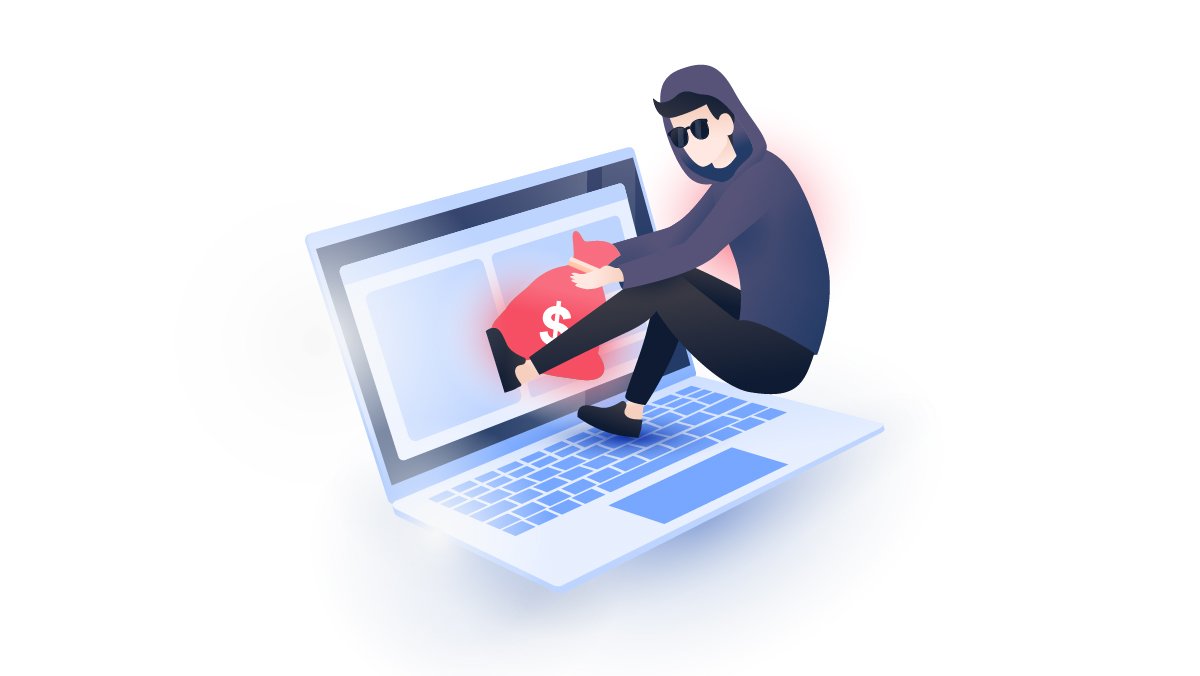Is WeChat safe to use?
The US government has set its sights on Chinese apps. As dancing teenagers and cosplayers await its decision on banning TikTok, WeChat is also on the chopping block. Are these bans an attempt to protect American users from foreign surveillance? Or just another way to limit communication channels?
Anna Rasmussen
Aug 28, 2020 · 3 min read

WeChat is a social network/messaging app with over a billion users worldwide. It’s incredibly popular in China where it’s a mega-app. It allows users to book doctor’s appointments, share their vacation pics, and send money to their friends, among many other things. To foreigners, it’s just another messaging app, but it’s one of the few that work both in and out of China.
WeChat security issues
In 2016, WeChat was ranked dead last in Amnesty International’s “Security rankings of instant messaging services,” receiving zero points out of 100.
Censorship is one of the main problems with WeChat. Like all services in China, it is under constant government surveillance. Pictures, comments, and blog posts are subject to heavy censorship, with undesirable opinions disappearing quickly from the platform.
While WeChat only censors users with phone numbers from mainland China, its surveillance is far-reaching. WeChat does not offer end-to-end encryption, a privacy feature that users expect from most messaging apps. The app has backdoors that allow third parties to read the messages you send and receive.
This impacts data security. The information the app collects must be stored somewhere, and users don’t know what security measures are set in place to protect it. Or where the data might end up.
On the one hand, hackers might be tempted to find and steal that information — a billion people’s data could bring them quite a lot of money on the dark web. On the other hand, Tencent is bound to obey the Chinese government’s orders. That means that if authorities request certain data, they will get it. Their requests probably most often won’t have anything to do with legal processes – just general surveillance and data collection for intelligence.
Some researchers have also suggested that WeChat might include spyware. This is a kind of malware that hides in the background and monitors your activity. It can collect data about you, change your security settings, and download other apps without your permission. If this is true, using WeChat would be extremely unsafe.
How to use WeChat safely
The best and only way to be absolutely sure you’re safe from WeChat’s surveillance is to never register for it in the first place. If you still need a way to communicate with contacts in China, we suggest using another app and a reliable VPN provider that works in China. If you have friends or family living there, you can also share your NordVPN account with them.
However, dropping WeChat entirely might be difficult for many people. If you live in China, it’s almost impossible not to use WeChat. So here’s how to use it safely:
- Be cautious. Don’t share sensitive information on the app. Try to discuss these things in person or over a secure messaging app.
- Pay attention to permissions. Try to limit them to only the ones that are necessary for the app to function properly.
- Use a strong password. If you reuse passwords often, at least come up with a separate one for WeChat. This way, if WeChat gets compromised, it won’t affect your other accounts. Need help coming up with a strong password? Try using a password generator.
- Get another device. If you can, consider having a dedicated smartphone for WeChat communication.
- Update often. This goes for any popular app. The more users a service has, the more attractive it is to cybercriminals. To minimize the risk of a serious data breach, always update your app to get the latest security patches.
Tencent claims that privacy and security is their top priority. However, their actions don’t reflect those values. The company can’t prove they never give away their users’ data to the authorities. There’s no end-to-end encryption. And the active monitoring and real-time censorship is just one more item on the long list of issues this app has. This is probably why the US government is planning to ban WeChat unless an American company buys it.
Try NordVPN’s free trial with our 30-day money-back guarantee.


